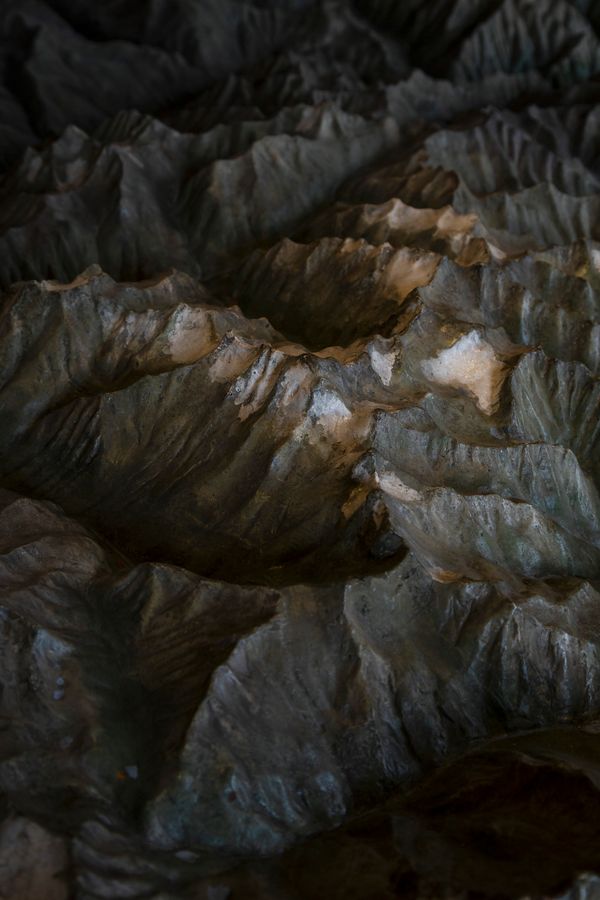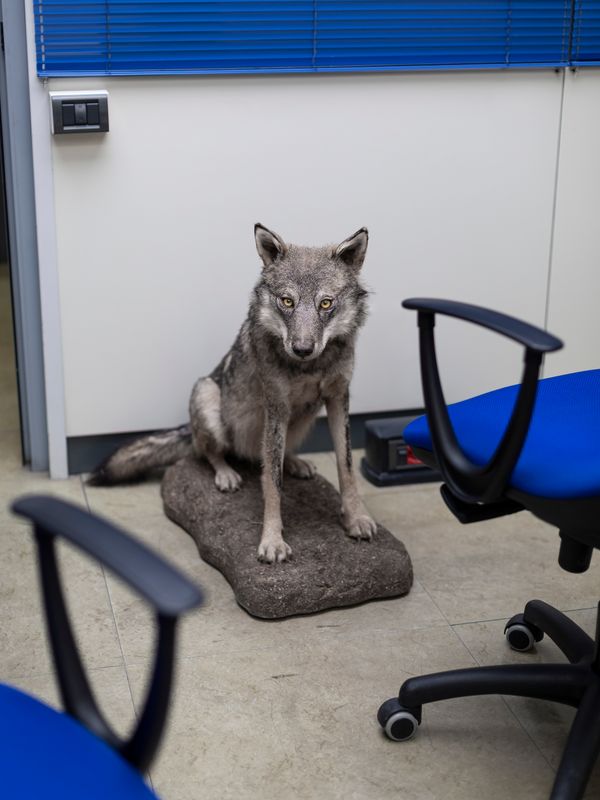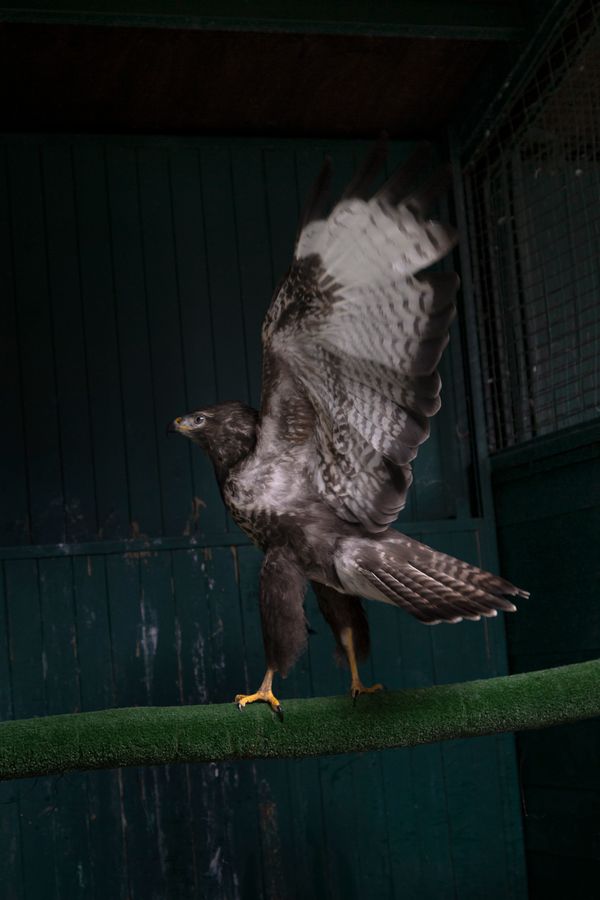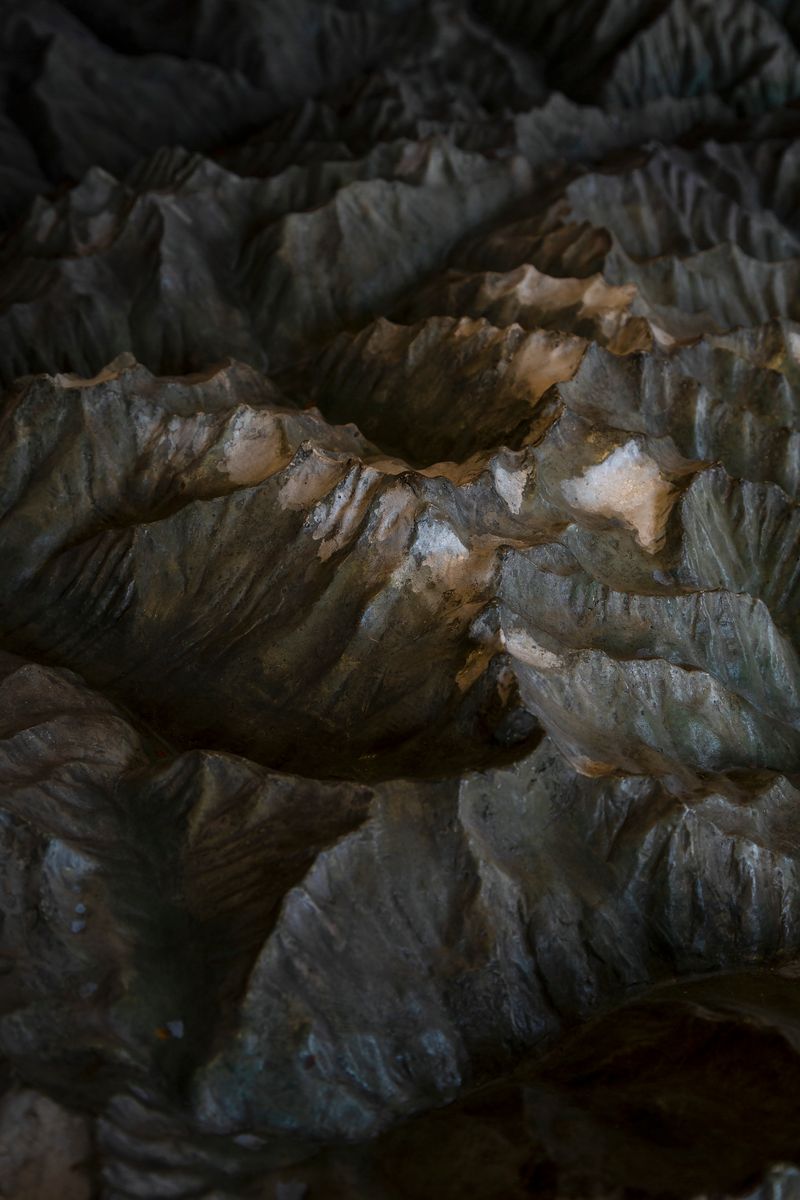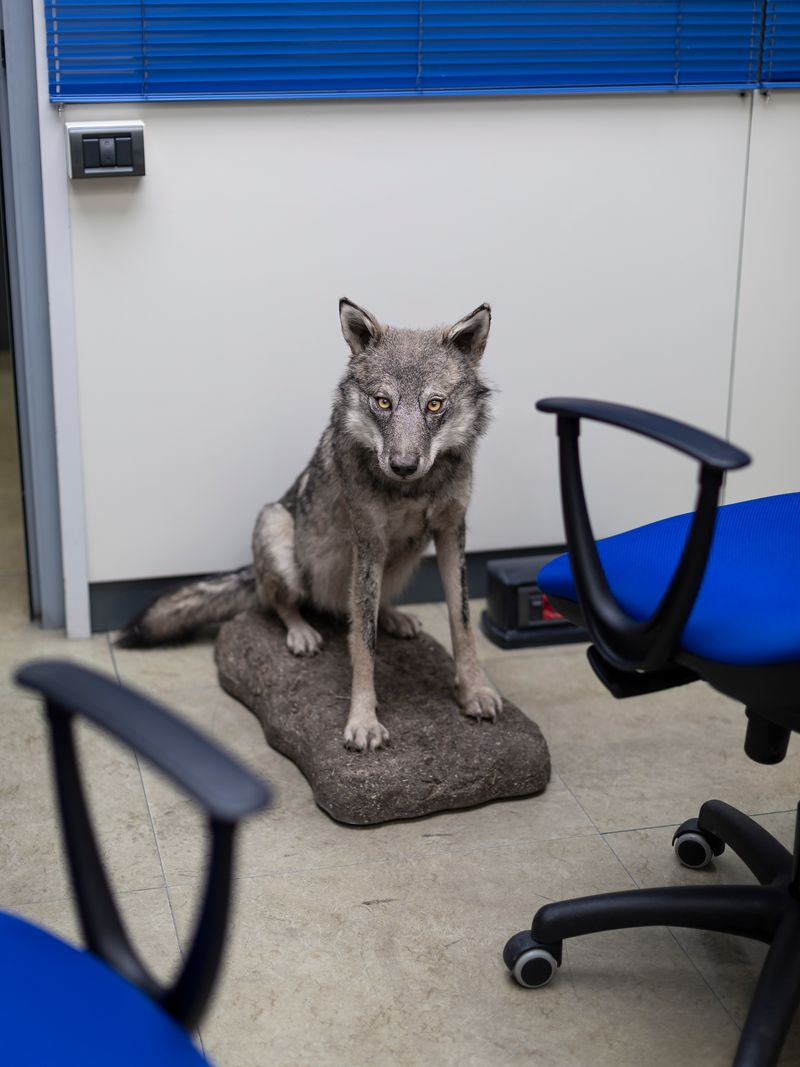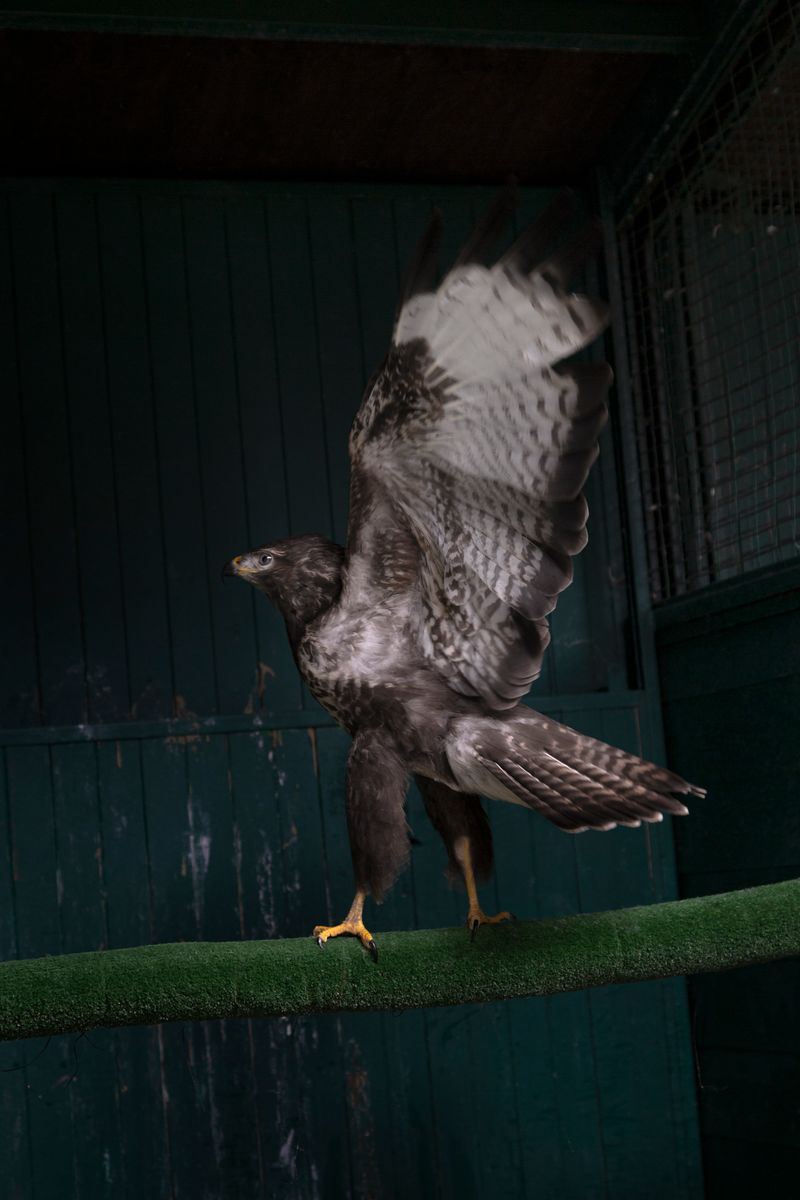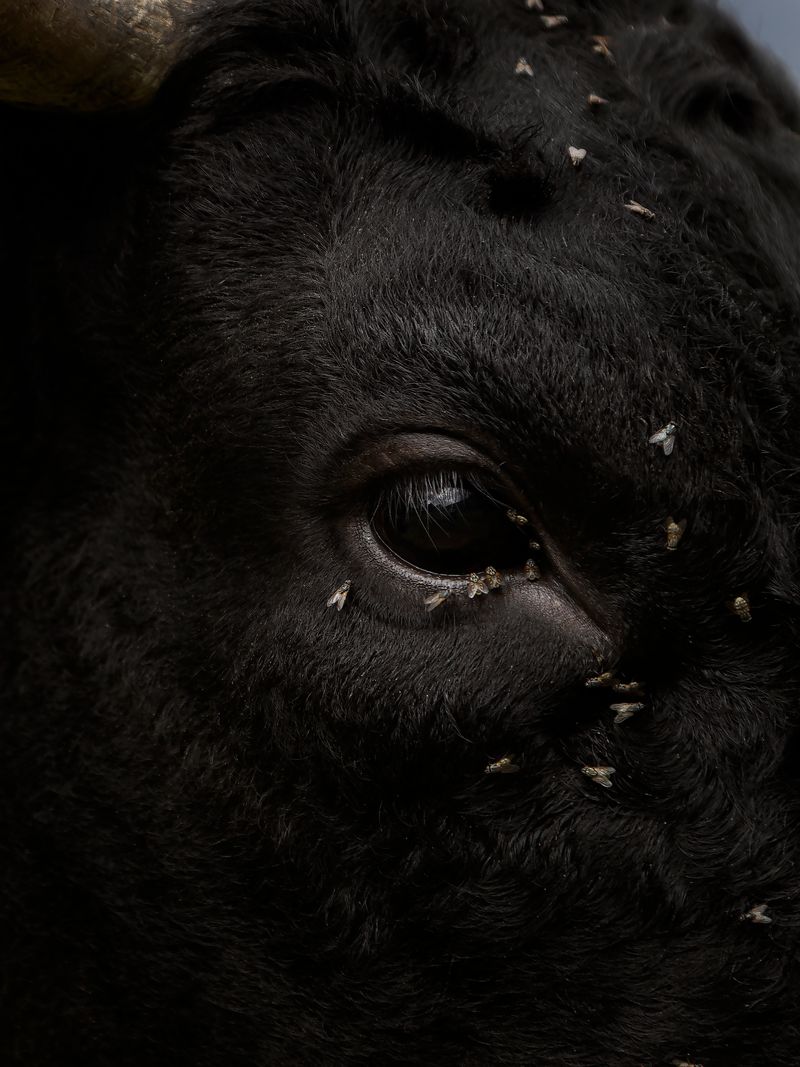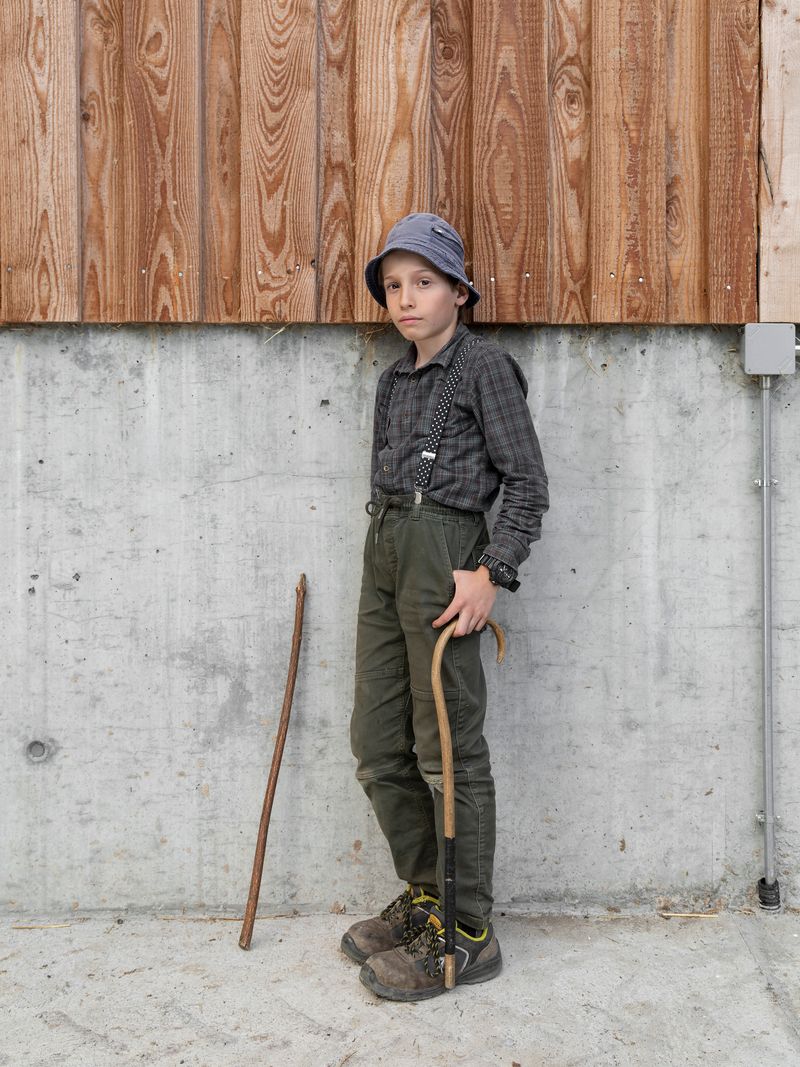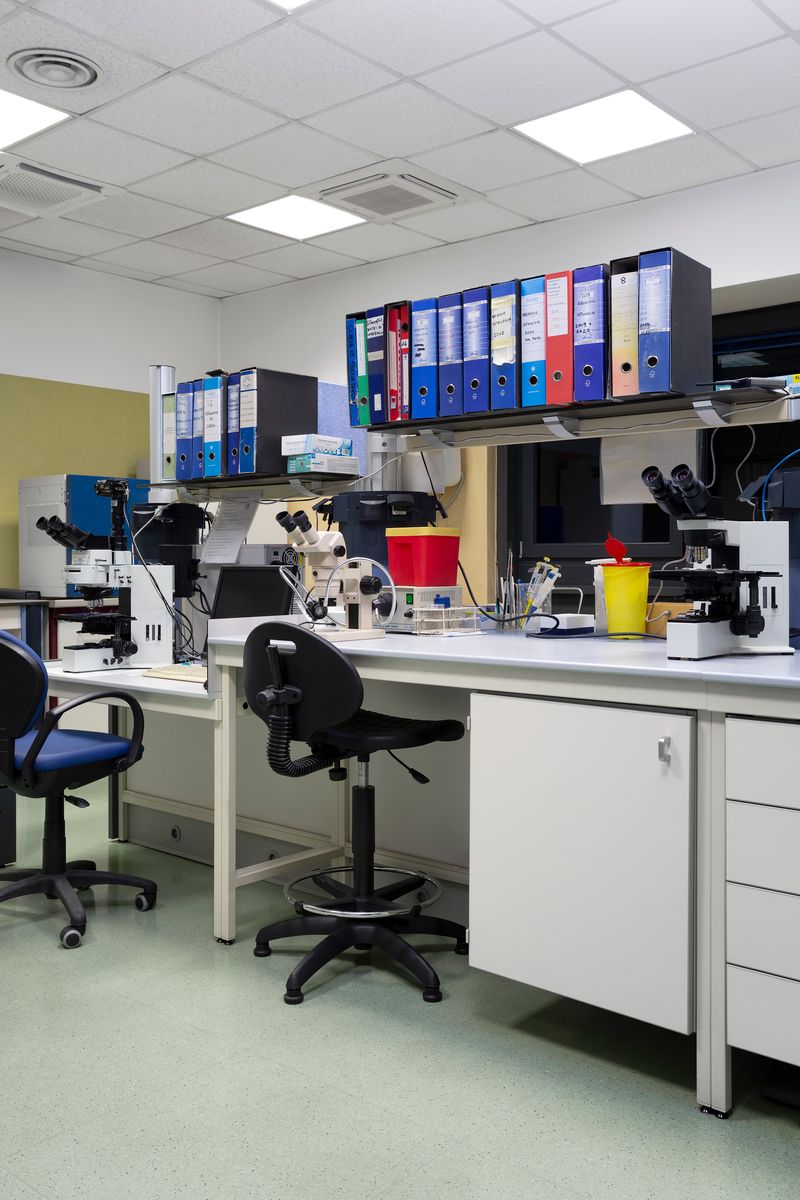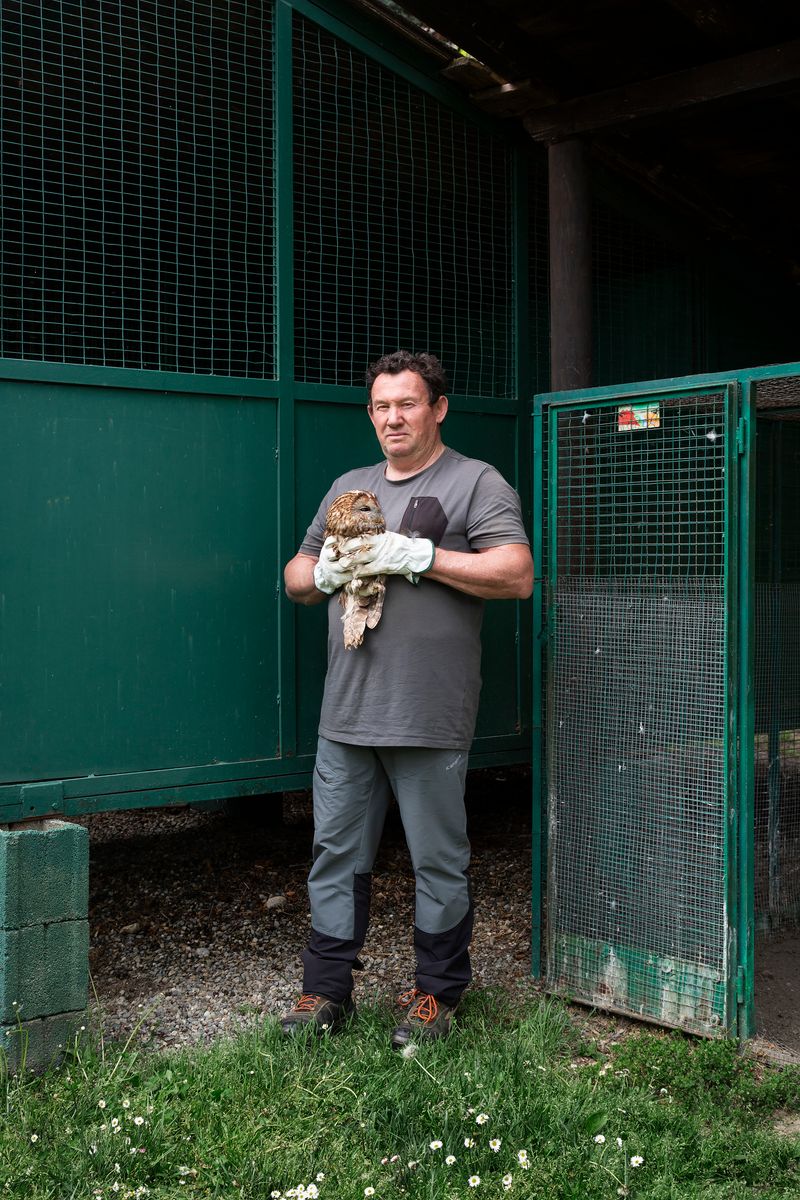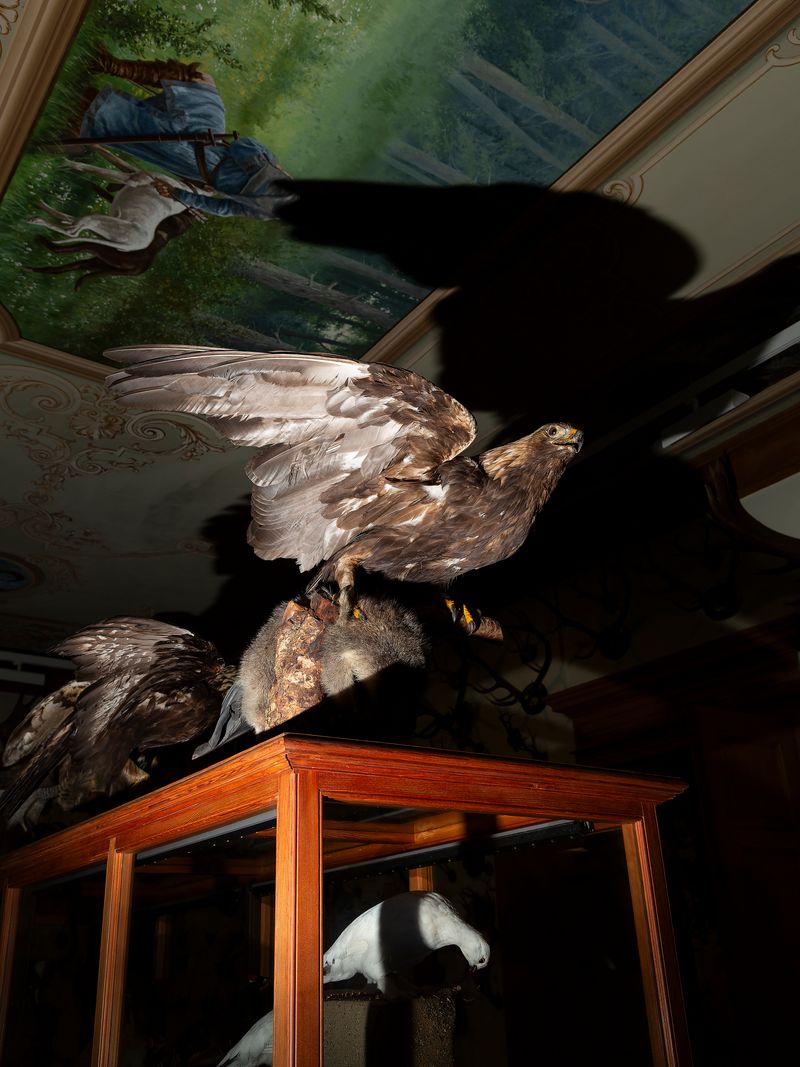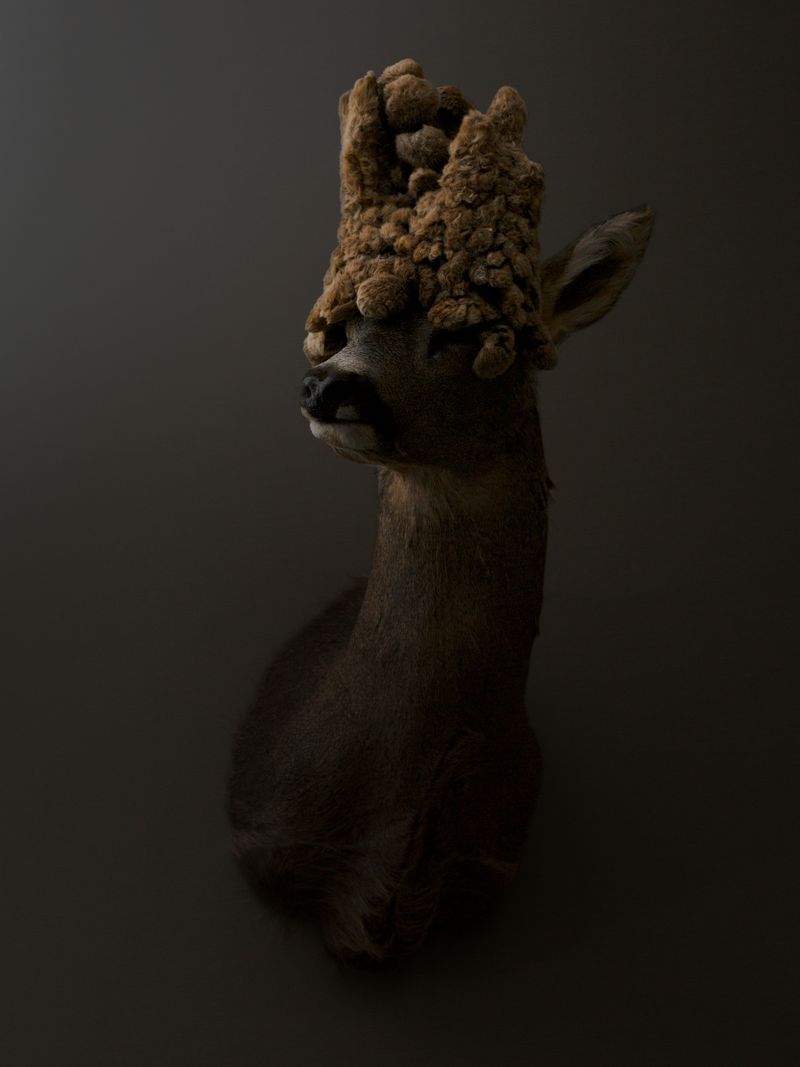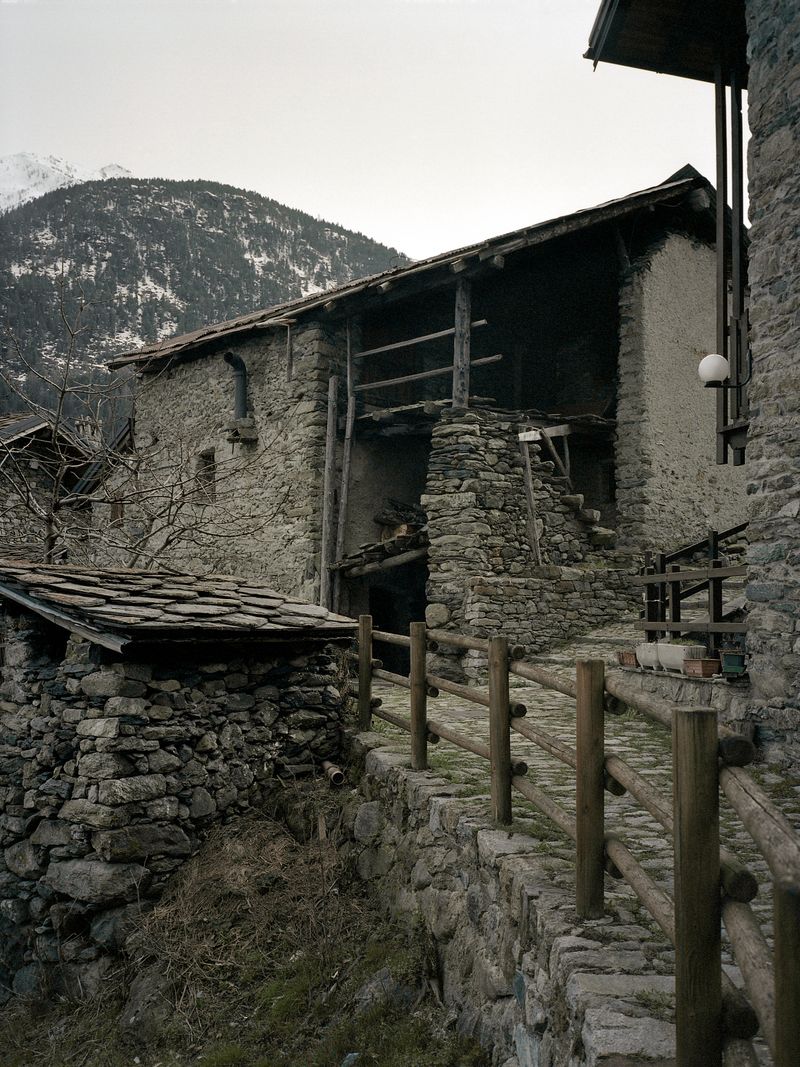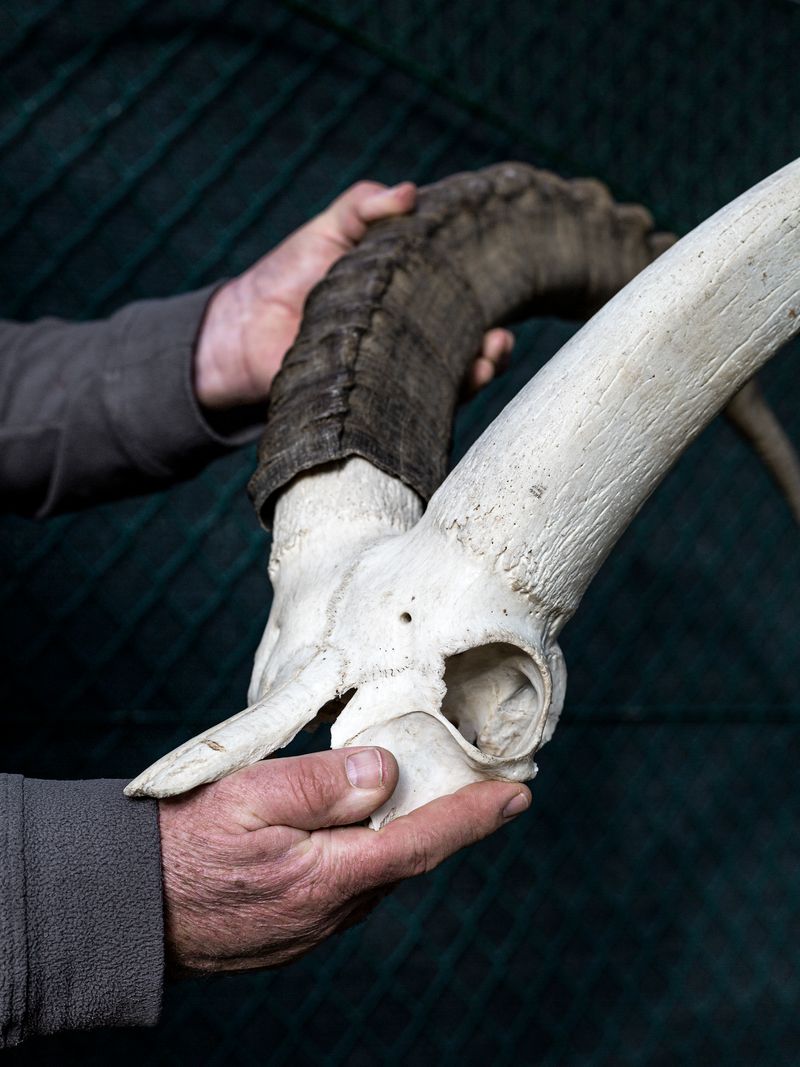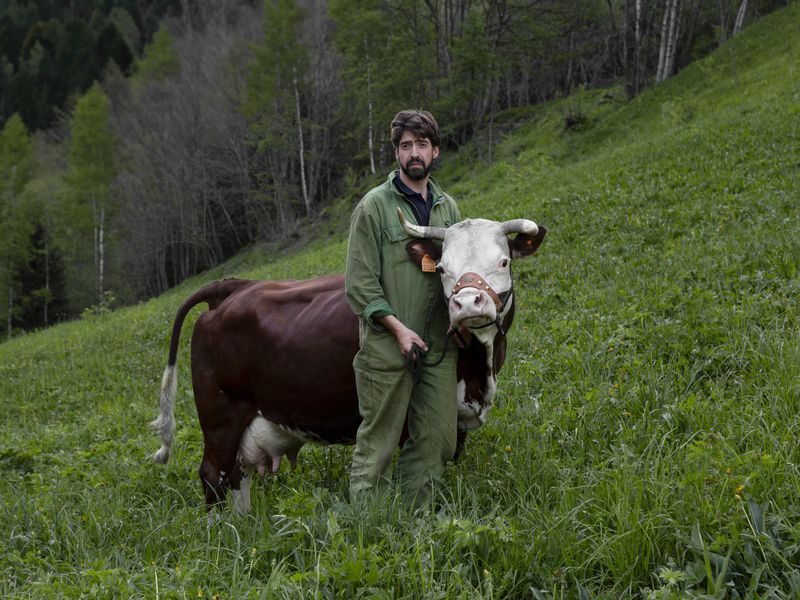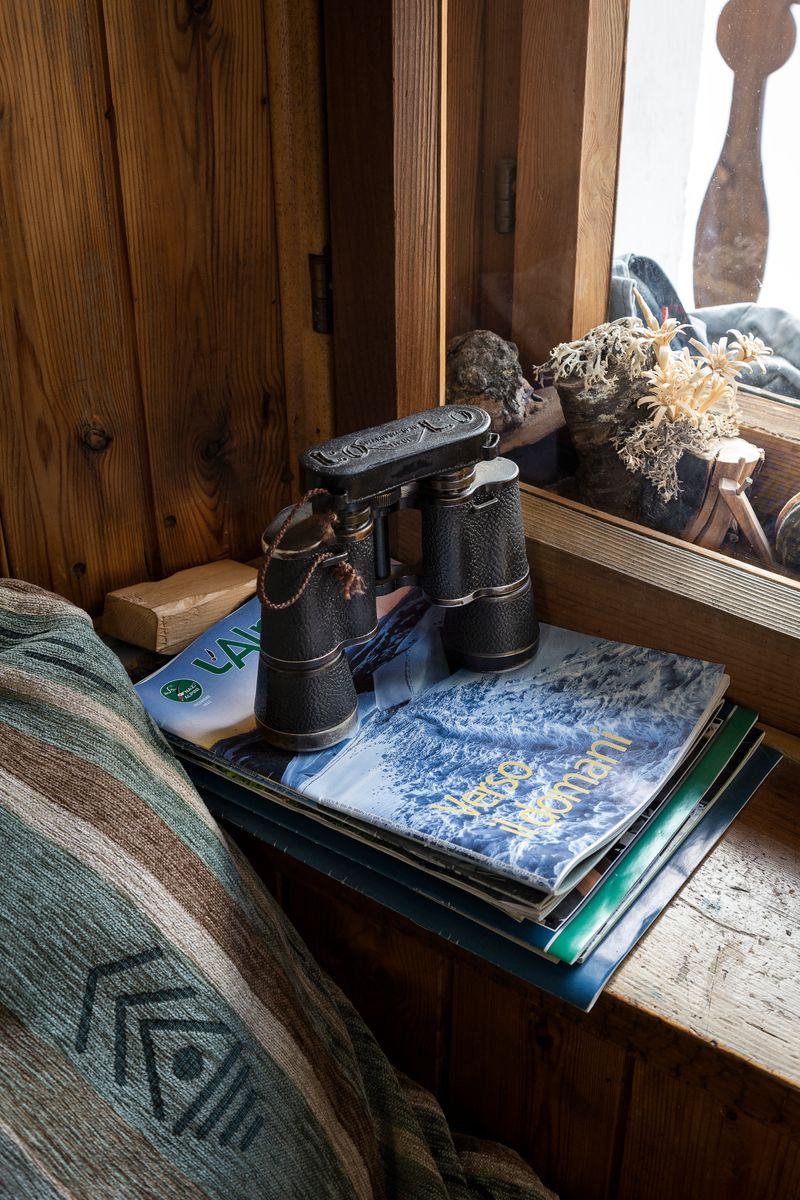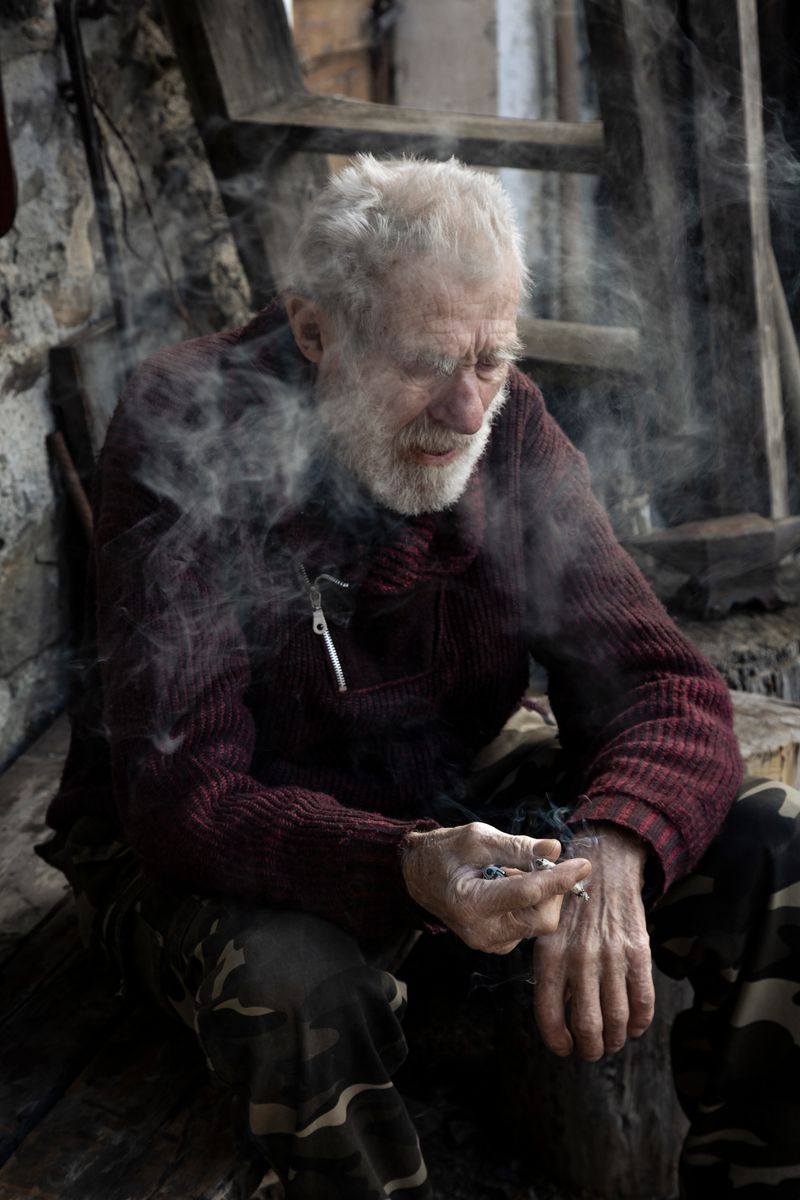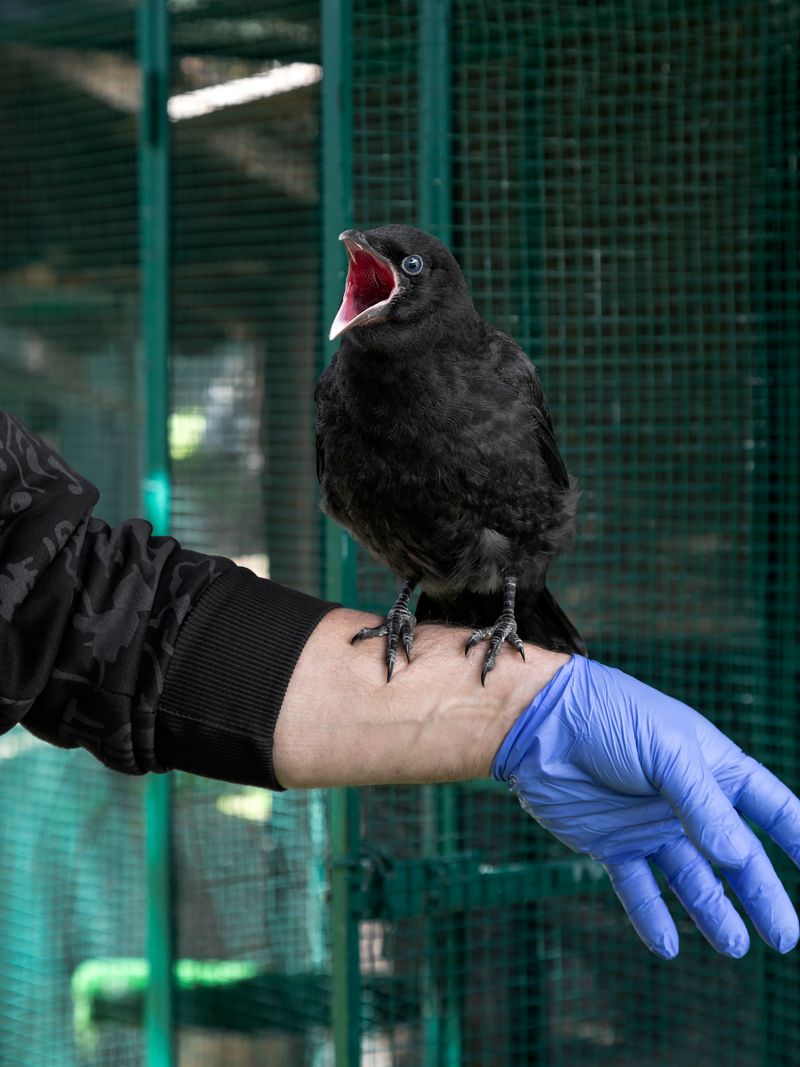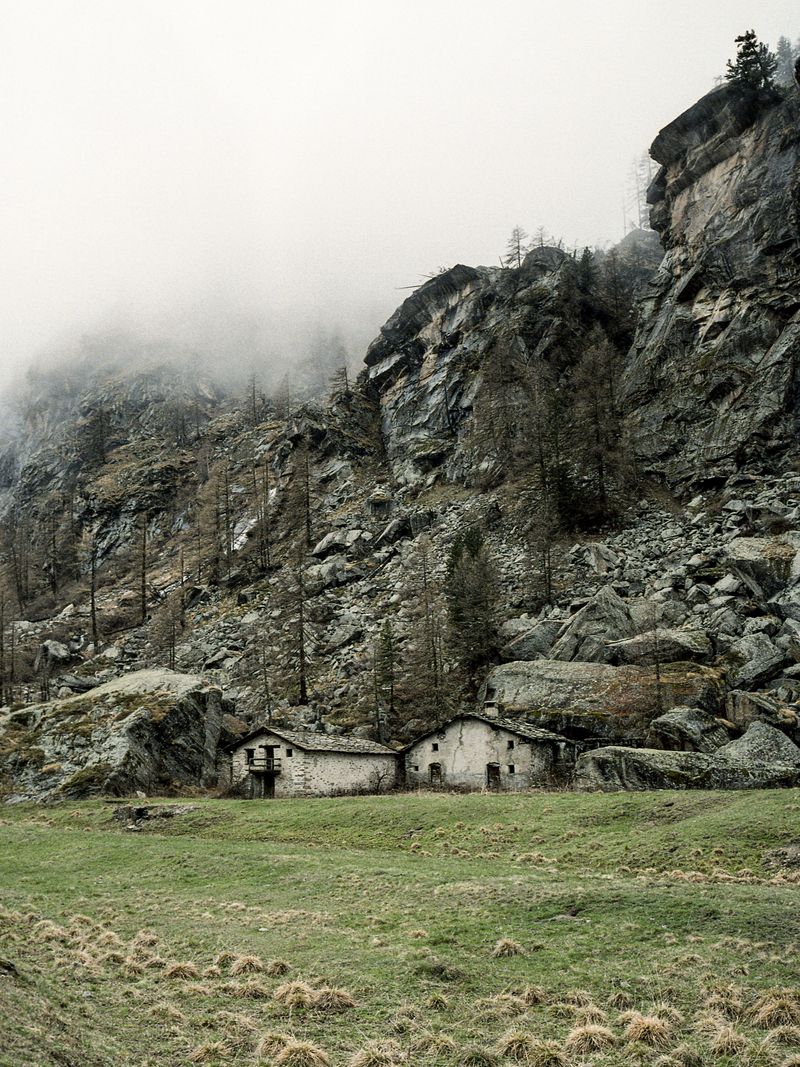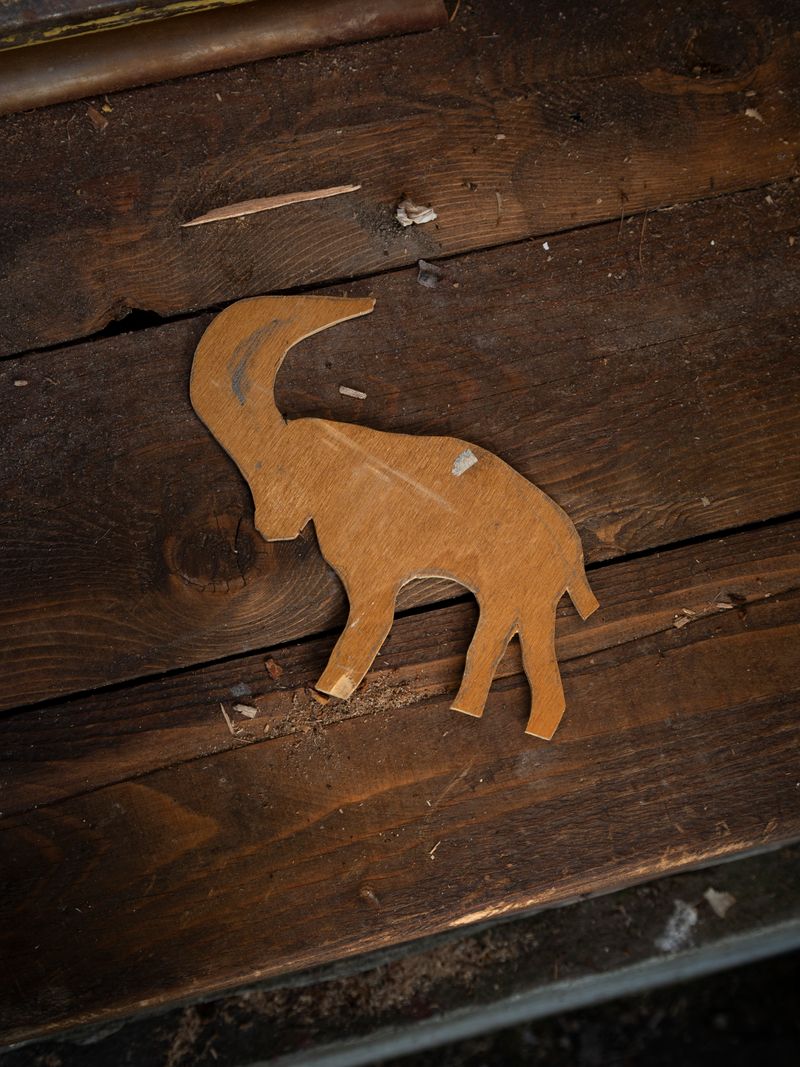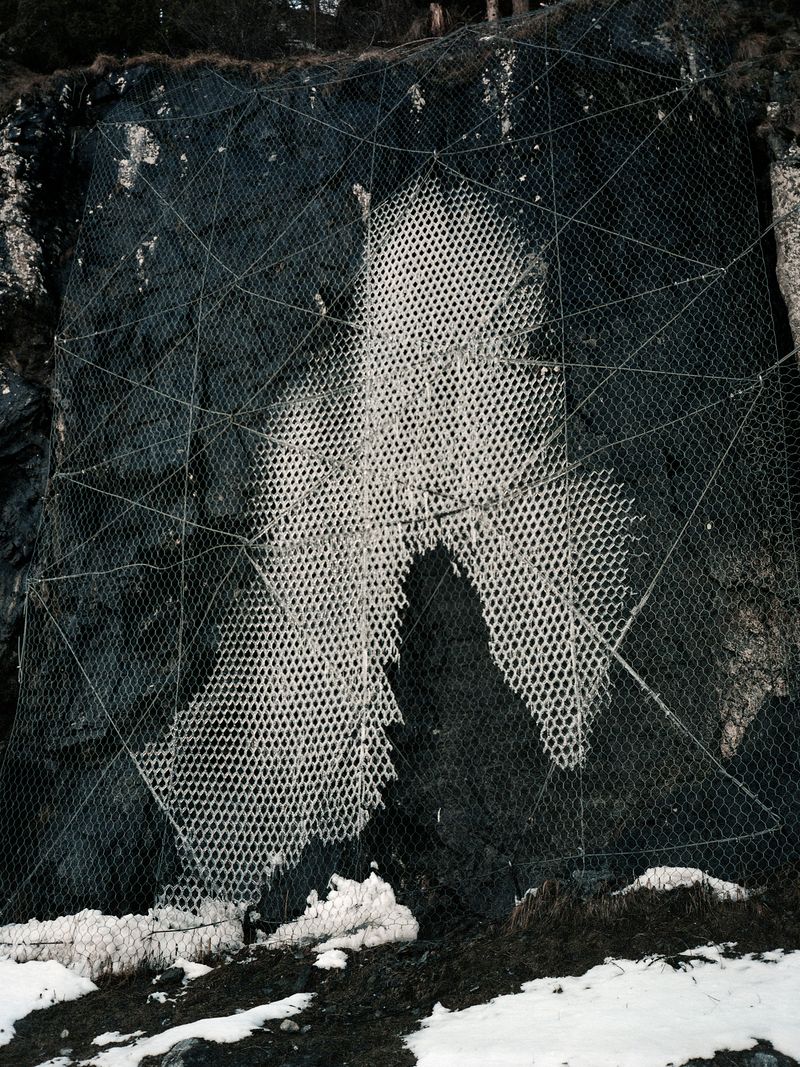It takes all kinds
-
Dates2023 - 2025
-
Author
- Locations Italy, Aosta Valley
The project document a series of relationships that constitute some examples of the cohabitation between human and non-human beings living within the Aosta Valley territory.
The importance of recognising the world beyond our human gaze, including both human and non-human beings, emphasising certain principles that challenge the concept of anthropocentrism (more-than-a-human-world) is the main objective of this project.
Whether it be the staff of the Wild Animal Recovery Centre (CRAS), the Centre of National Reference Centre for Diseases of Wild Animals (CeRMAS), a farmer practising extensive livestock farming, or a park ranger in the Gran Paradiso, the gaze turned towards the living is not neutral and the surrounding environment becomes a companion to be understood, from whom to learn, and with whom to cohabit a relational space that becomes a refuge. This concept also tends to manifest itself within the landscape itself and in folklore, with constant references to the natural balance that has always been established between the two parts.
The images that show the organisations involved in the reception, treatment, reintegration and study of communicable diseases between humans and wild animals illustrate the search for protective solutions so that this coexistence can take place, safeguarding the health of both.
The very specimens of animals subjected to taxidermy that populate the offices of the Department of Flora and Fauna should not be interpreted as displayed trophies but as witnesses to a particular form of interaction with the wild. Each specimen carries with it its own history, very well known, which includes the reason for its death, the place where it was found, its behavioural characteristics, and the care it received.
The project seeks to bring out a relationship of connection and care, of mutual contamination between humans and non-humans and respect for the subtle boundaries that separate them. A eudaimonia (εὐδαιμονία) centred on a harmonious relationship with the surrounding world, understanding the human being's place within it and acting in a way that does not violate its fundamental principles.
